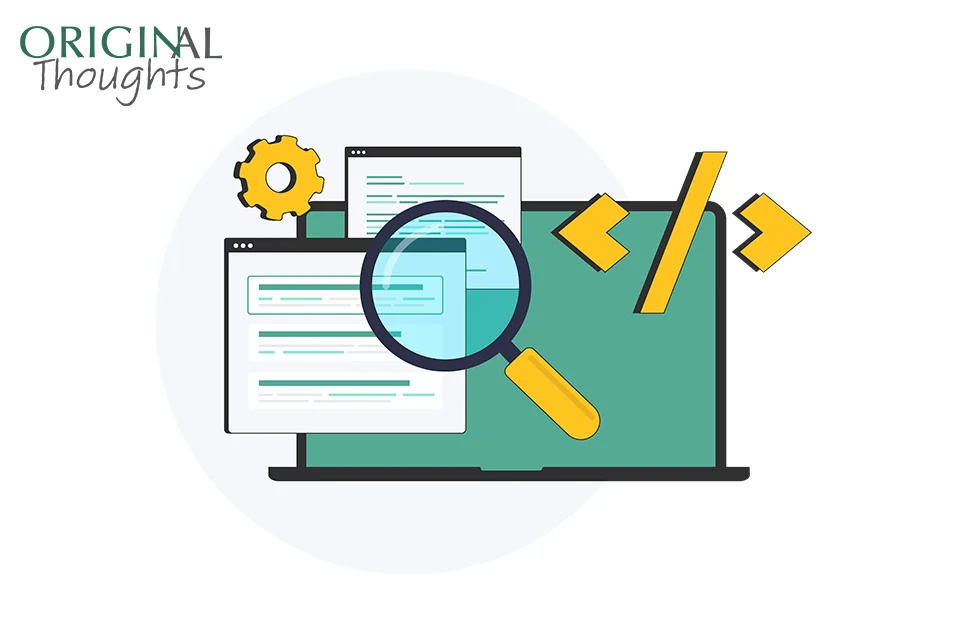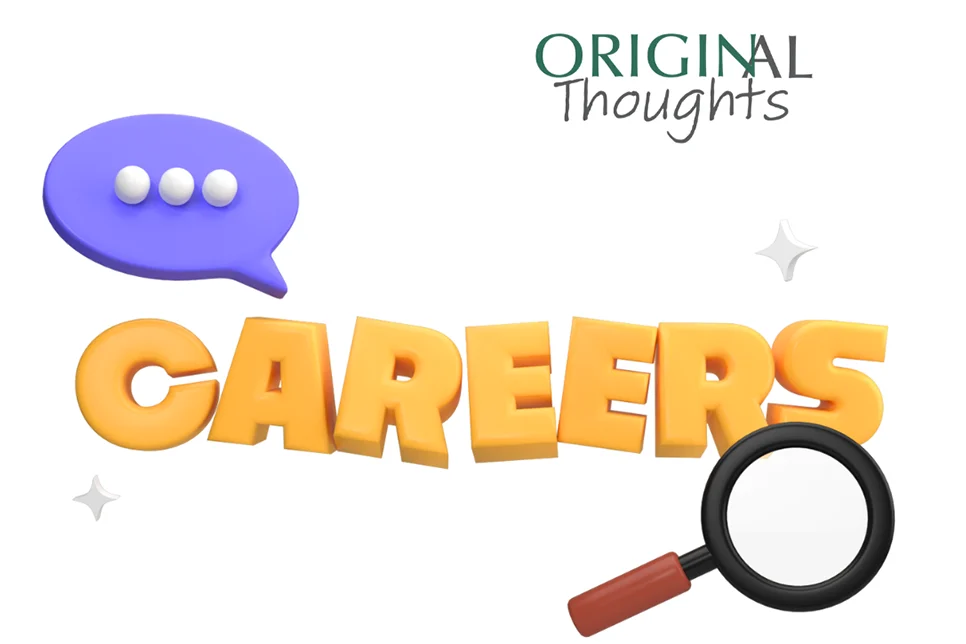In this edition of ORIGINal Thoughts, Alice Landwehr demonstrates how to take a moment for our health and wellness with her guided breathing session aimed at improving workplace well-being.
In this edition of ORIGINal Thoughts, Alice Meadows talks about how PIDs and their metadata (especially when open) are foundational building blocks in the global research infrastructure.
In this edition of ORIGINal Thoughts, Justin Byrne discusses how an open access (OA) journal publishing program can help a society meet growing needs for global access and funder compliance.
In this edition of ORIGINal Thoughts, Adam Etkin shares 10 insightful questions—along with sample responses—crafted to spark meaningful and strategic dialogue between publishers and editorial offices or societies.
In this edition of ORIGINal Thoughts, Adam Etkin shares 10 insightful questions—along with sample responses—crafted to spark meaningful and strategic dialogue between publishers and editorial offices or societies.
In this post from ORIGINal Thoughts, Andrea Rahkola discusses her role as an early career scholarly publishing professional and the key behaviors that supported her journey.
In this post from ORIGINal Thoughts, author Zen Faulkes addresses a commonly posited solution to the reviewer shortage—compensating reviewers.
In this post from ORIGINal Thoughts, authors Meghan McDevitt and Brook Simpson offer practical strategies for those who might feel overwhelmed by typical networking settings and are daunted by how to approach them.
Patricia (Patty) Baskin reflects on how thoughtful mentoring transforms both mentors and mentees, with real-world examples from across editorial roles.










